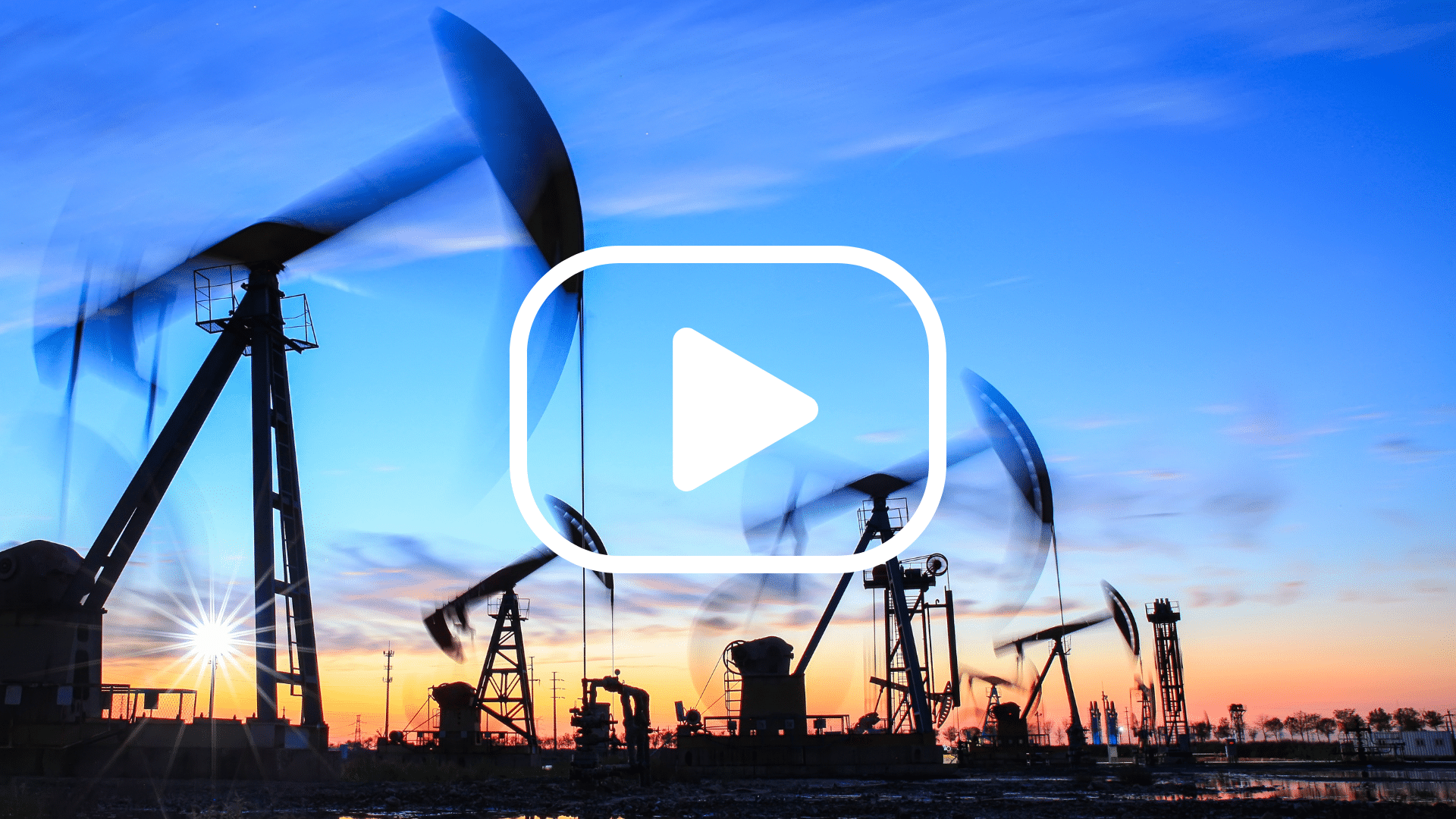As oil and gas majors increasingly commit to achieving netzero carbon emissions by 2050, what they call “transition plans” or “climate plans” are not necessarily climate-proof. Even so, their promises resonate with banks, insurers and investors around the world who are aiming to achieve carbon neutrality by 2050 and halve emissions by 2030.
If they are to meet their own climate commitments, financial actors will have to take drastic and rapid action to reduce fossil fuel production and halt fossil fuel expansion. Supporting so-called “best in class” and “transitioning” oil and gas companies will not be enough to achieve this. Indeed, a growing body of research demonstrates that the majors’ pledges are not currently on track to reduce their GHG emissions and will largely overshoot the remaining 1.5°C carbon budget. Financial actors should therefore set clear redlines and expectations for the oil and gas industry’s future plans to ensure they are on a credible path to 1.5°C.
Read more
In this webinar for financial institutions, we discussed:
- What does 1.5°C mean for the O&G sector according to the science and the IEA's Net Zero scenario by 2050?
- What are the key indicators to assess the credibility of hydrocarbon companies' "climate plans"?
- Why committing to distant carbon neutrality targets is not enough to keep global warming below 1.5°C? What does climate "alignment" mean? Why is the path to carbon neutrality much more important than the final destination?
- What is the risk of stranded assets in the O&G sector under different scenarios - including the current oil price spike - and which companies are most exposed?
- What should be the role of investors in the context of the 2022 AGM season?
- We will illustrate the discussion by referring to the 6 largest European O&G majors, some of which are often considered "best in class": Shell, TotalEnergies, BP, Eni, Equinor and Repsol.
Learn more:
- Carbon Tracker's report "Adapt to Survive: Why oil companies must plan for net zero and avoid stranded assets".
- Carbon Tracker's report "Managing Peak Oil: Why rising oil prices could create a stranded asset trap as the energy transition accelerates".
- Global Climate Insights's report on Royal Dutch Shell’s climate transition strategy.
- Reclaim Finance’s analysis "Major Failure: Why the 6 main European oil and gas majors do not have a credible climate plan." The website includes the detailed calculations and data in Excel format available for download, in addition to company briefings for BP, ENI, Shell and TotalEnergies. The methodology can be found here.




